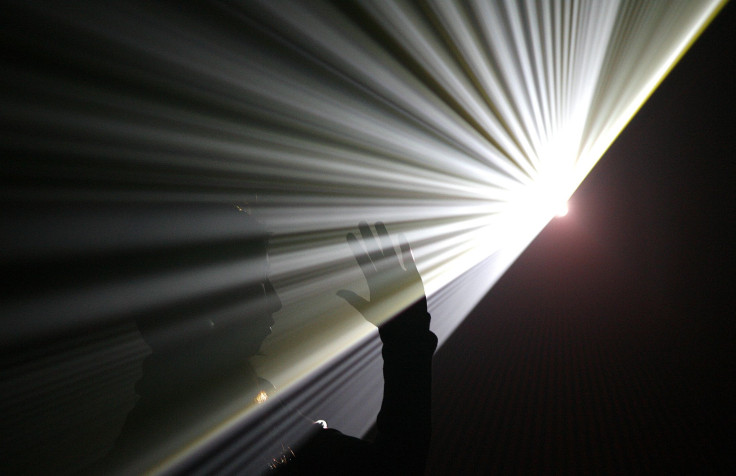Human Brain Gets 'Tunnel Vision' During Suspenseful Movie Scenes: Study

Scientists have discovered how suspense affects the human brain by studying how people react to classic movies from the likes of Alfred Hitchcock.
Researchers from the Georgia Institute of Technology measured the brain activity of participants with an MRI while they watched scenes from thriller flicks, including Hitchcock’s "North by Northwest" and "The Man Who Knew Too Much," as well as "Alien" and "Misery." While the participants watched the movies on a screen, a flashing checkerboard pattern also appeared around the sides.
The researchers found that during moments of tension in the film's narrative, the brain narrowed people’s vision and focused their attention more tightly, whereas during less suspenseful moments, participants were more mindful of their surroundings. The results of the study are set to be published in the journal Neuroscience.
"Many people have a feeling that we get lost in the story while watching a good movie and that the theater disappears around us," Matt Bezdek, the study’s lead author, said in a press release. "Now we have brain evidence to support the idea that people are figuratively transported into the narrative."
To measure their attention, the researchers tracked the level of activity in the calcarine sulcus -- the part of the brain primarily responsible for processing visual stimuli. They found that brain activity in the peripheral visual area of the calcarine sulcus decreased during suspenseful moments and concentrated more on the central processing region. At times of great suspense, the brain focused to only process critical information, the researchers said, and ignored secondary or peripheral information.
"It's a neural signature of tunnel vision," associate professor Eric Schumacher said. "During the most suspenseful moments, participants focused on the movie and subconsciously ignored the checker boards. The brain narrowed the participants' attention, steering them to the center of the screen and into the story."
© Copyright IBTimes 2025. All rights reserved.





















